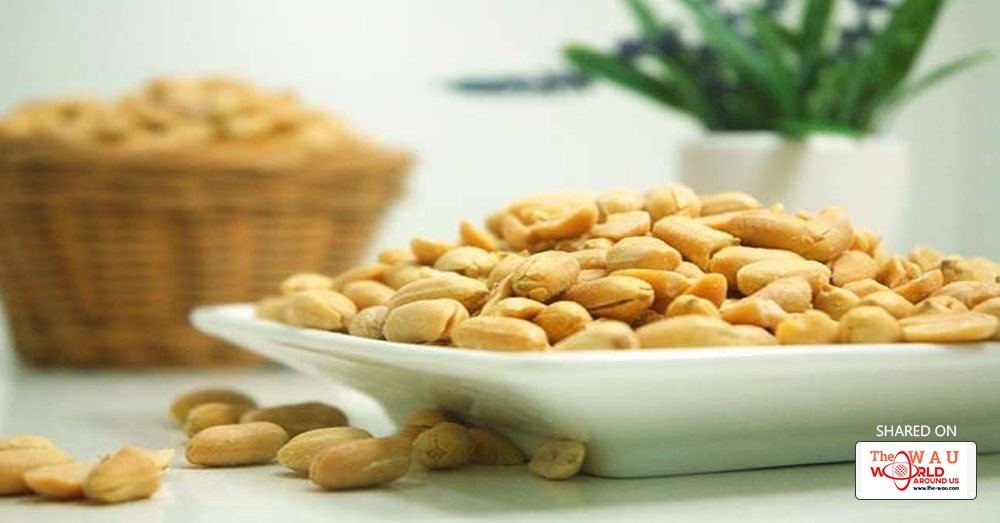Nuts are an excellent source for healthy fats and protein, and they can also keep you satiated for hours. This makes peanuts a popular choice with most weight watchers and fitness enthusiasts, not to mention their affordability. Unfortunately, peanuts are also rather high in calories, which is why most health conscious individuals who eat peanuts also worry about weight gain.
How Much Peanuts Should You Eat
“Your daily intake of peanuts should not exceed 28-30 grams – this would constitute roughly two thirds of a handful”
To avoid weight gain and other health risks associated with eating peanuts, make sure to stick to a uniform serving size. To be precise, your daily intake of peanuts should not exceed 28-30 grams. If you can’t measure it with a food scale, use your palm for reference. A single serving should constitute just two thirds of a handful.
If you lead an active lifestyle or workout, or do not eat much the rest of the day, you can even have two servings a day. Such a healthy intake of peanuts can help to regulate cholesterol levels and protect against heart disease. Peanuts are also a good source of vitamin E and manganese, which work as antioxidants, limiting cellular damage. These nutrients are also important for tissue health and healthy metabolism.
Just make sure that you do not consume salted and roasted or other processed varieties of peanuts, as these will send your sodium and trans fat intake up, negating many of the benefits of peanuts. Instead of eating peanuts by themselves, which may tempt you to eat more, you can also add the same serving size to your salads and a variety of other foods to boost nutrition and increase satiety.
Why Too Much Is Bad
“Just two servings of peanuts will give you 18% of your required daily calorie intake & processed varieties will also raise your risk of heart disease”
Their high nutritional value notwithstanding, peanuts are rather high in calories, with a single serving delivering 170 calories. If like the average adult, you require 2,000 calories a day, just two servings of peanuts will give you 18% of your required daily calorie intake. So, if you don’t keep track of how much you are eating, you could unwittingly go well beyond your daily caloric limit. And, as we know all too well, when you consume more calories than you require, you gain weight.
In addition to weight gain, excessive intake of peanuts can also impede mineral absorption, as many dietary minerals bind with phytates in nuts, particularly zinc and iron. Salted nuts will also put you at risk of high blood pressure and heart disease because of their high sodium levels and presence of trans fats.
The Takeaway
Peanuts are not a fattening or unhealthy food in themselves. Far from it, they can be extremely good for your health, provided you eat them how you should. So, instead of avoiding peanuts and worrying about weight gain, simply pay more attention to serving sizes and total caloric intake.
Share This Post















